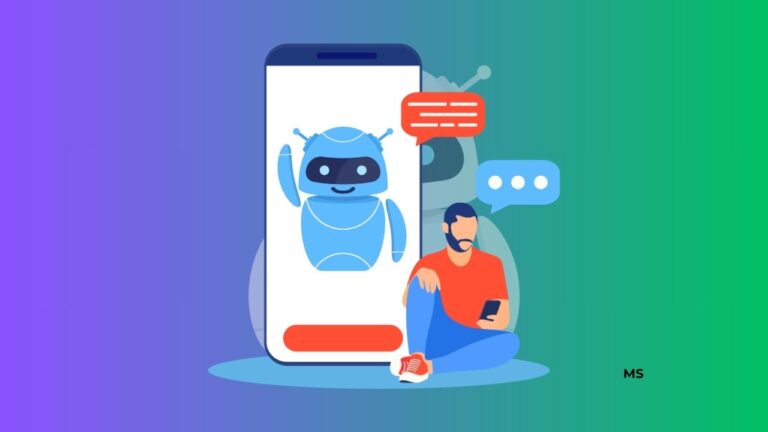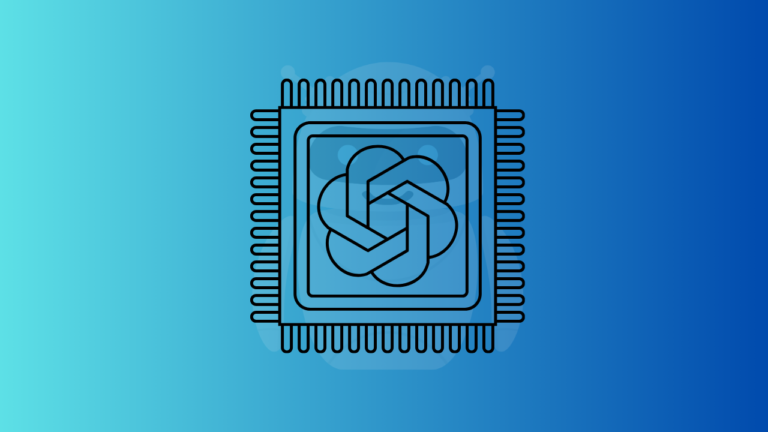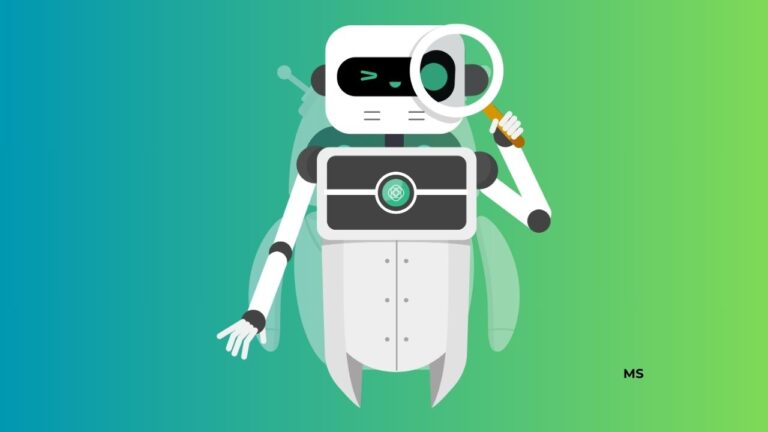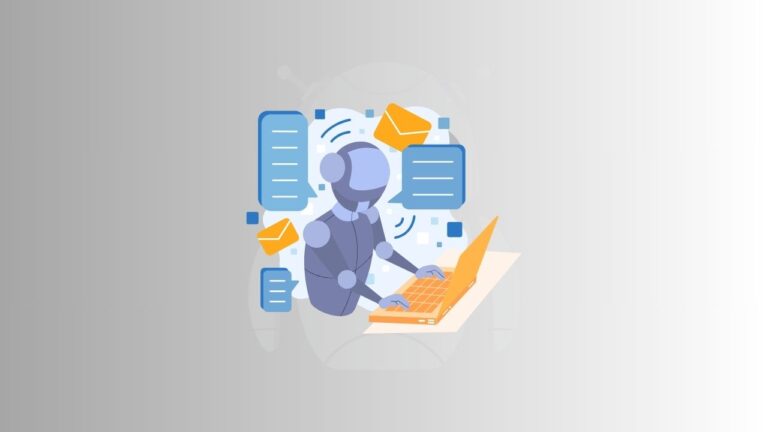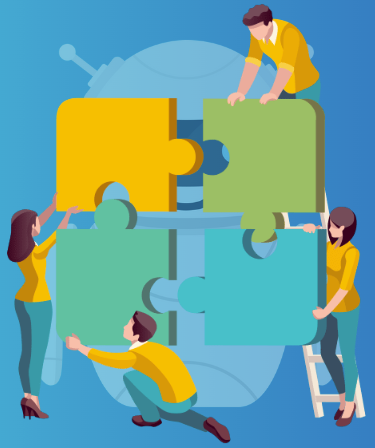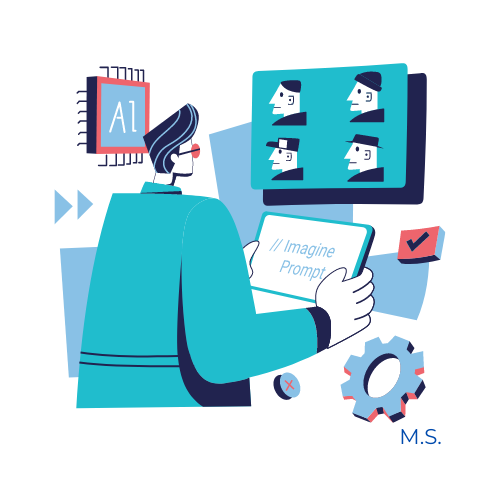Introduction to Leveraging Custom GPTs for the Construction Industry
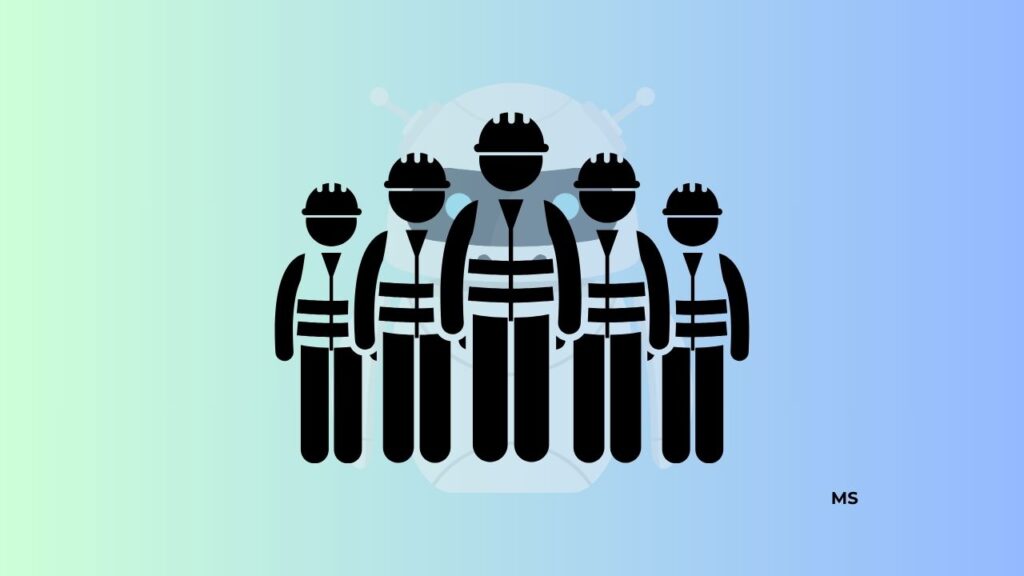
The construction industry, a cornerstone of the global economy, has long been characterized by its complex operations, multifaceted projects, and relentless pursuit of efficiency and innovation. Companies continually seek new ways to streamline processes, enhance safety, and improve customer satisfaction in this rapidly evolving sector. Enter the realm of artificial intelligence (AI), where the advent of custom Generative Pre-trained Transformers (GPTs) is revolutionizing how construction companies tackle these challenges.
Traditionally, the construction sector has grappled with various hurdles, ranging from project management complexities and stringent safety protocols to fluctuating supply chains and customer engagement. In an industry where precision and accuracy are central, the rise of Custom GPTs for the Construction Industry, like OpenAI’s chatbot, is not merely a technological advancement; it revolutionizes the construction industry. These AI-driven tools are uniquely equipped to handle the diverse and dynamic needs of construction projects, offering solutions that are as innovative as they are practical.
Custom GPTs, like OpenAI’s chatbot, are designed to understand, interpret, and generate human-like text based on specific instructions. Their application in the construction industry is particularly potent due to their ability to process and analyze vast amounts of data, generate insightful reports, and provide actionable intelligence in an environment where every second and decision counts. These chatgpt AI tools offer an unbeatable level of efficiency and precision.
One of the key areas where custom GPTs are making a significant impact is in project documentation and reporting. Construction projects generate many documents, including progress reports, safety manuals, and compliance documents. Managing these documents can be automated to a large extent using OpenAI’s GPT, reducing errors and inefficiencies. Custom GPTs streamline this process by generating, organizing, and simplifying these critical documents, translating complex technical jargon into accessible language, and creating standardized templates for consistent reporting.
Another critical aspect of construction is data analysis and insight generation. Construction projects are data-rich, and the use of machine learning can streamline the flow of information from project timelines, budget allocations, and resource utilization. Custom GPT models are adept at diving into this data deluge, extracting key insights, identifying trends, and making predictions that drive cost savings and efficiency improvements.
Safety, an ever-present concern in construction, is another domain where custom GPTs shine. These models aid in crafting detailed training materials and safety protocols, tailoring content to specific roles, and providing interactive systems for safety training. This not only ensures compliance with safety standards but also promotes a culture of safety on construction sites.
Custom GPTs also transform customer service and engagement. The construction industry, traditionally not known for its rapid customer response times, can leverage GPT-powered chatbots to provide instant, accurate responses to client queries. These AI tools enhance communication, keep clients informed about project progress, and play a crucial role in issue resolution, thus fostering stronger client relationships.
The planning and design stages of construction projects benefit immensely from custom GPTs’ input. From generating preliminary design ideas to assisting in research for building codes and regulations, these AI models provide invaluable assistance, ensuring that projects are innovative and compliant with industry standards.
Similarly, construction resource and supply chain management can be optimized using custom GPT models. These AI tools excel in inventory management, predicting material needs, and planning for potential delays or shortages, ensuring that projects remain on track and within budget by improving efficiency.
Custom GPTs also revolutionize the construction industry by playing a crucial role in risk management and compliance. These AI models help safeguard projects against unforeseen challenges by identifying potential risks and suggesting mitigation strategies. They also ensure that projects comply with the ever-evolving landscape of laws, regulations, and standards, safeguarding companies against legal and regulatory issues.
Collaboration and communication among team members, stakeholders, and clients are further enhanced through the use of custom GPTs. These models facilitate efficient communication by summarizing key meeting points, tracking action items, and drafting professional communication materials.
Innovation and research, crucial for staying ahead in the competitive construction industry, are bolstered by custom GPTs. AI tools, such as ChatGPT, assist in exploring new technologies, materials, and methods, ensuring companies stay at the cutting edge of innovation.
Lastly, sustainability and environmental impact, increasingly important considerations in construction, are areas where custom GPTs can make a substantial difference. These models analyze and suggest ways to reduce the environmental footprint of construction projects, aligning with global sustainability goals and environmental regulations.
In conclusion, custom GPTs offer a suite of solutions that address the multifaceted challenges of the construction industry. Their ability to enhance efficiency, improve safety, foster innovation, and drive sustainability makes them a technological luxury necessary for construction companies aiming to thrive in today’s competitive and fast-paced world. As these AI tools continue to evolve, their integration into construction management practices is poised to set new benchmarks of excellence, paving the way for a smarter, safer, and more sustainable future in construction.
Project Documentation and Reporting
Generating and Managing Documentation
Custom GPTs are adept at streamlining the creation and management of essential project documentation. With capabilities to generate progress reports, safety manuals, and compliance documents, these AI models bring a new efficiency level to administrative tasks. Complex data can be synthesized into clear, concise reports, enabling project managers to stay informed and make data-driven decisions.
Simplifying Technical Language
One of the standout features of custom GPTs is their ability to translate dense technical jargon into simpler, more accessible language. This not only aids in internal comprehension but also ensures that clients and stakeholders can easily understand project details. Moreover, these AI tools can develop standardized templates for regular reports, ensuring consistency and saving significant time and resources.
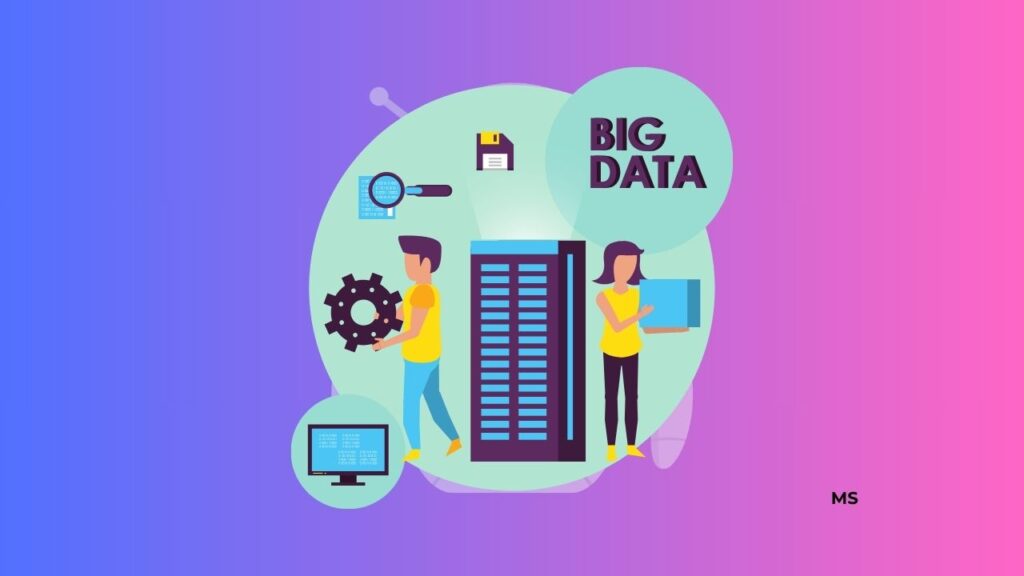
Real-Time Data Analysis and Insights
Analyzing Construction Data
Construction projects are data-rich environments where every metric, from project timelines to budget allocations, holds critical insights. Custom GPT models can dive deep into this data, providing valuable analysis that uncovers trends and forecasts future scenarios. The insight provided by natural language models is crucial in guiding projects towards success and assisting managers in identifying areas for cost reduction or efficiency enhancement.
Identifying Efficiency Improvements
Using OpenAI’s intelligent analysis of budget data and resource allocation, custom GPTs can pinpoint specific areas to improve efficiency. This might involve optimizing workflows, reallocating resources, or revising timelines for better efficiency. These natural language models aid in preemptive decision-making, reducing the likelihood of costly overruns or delays with their predictive power.
Training and Safety Protocols
Developing Training Materials
In the realm of construction, effective training is crucial for both skill development and safety. Custom GPTs can play a pivotal role in creating comprehensive training materials tailored to various roles within a construction project. These AI systems can analyze job requirements and generate specific training content, ensuring each team member is well-equipped for their tasks.
Enhancing Safety Through Interactive Systems
Safety is paramount in construction. Custom GPTs can elevate safety protocols by creating interactive Q&A systems for safety training. This approach makes training more engaging and ensures that workers fully understand safety procedures, significantly reducing the risk of accidents on site.
Customer Service and Engagement
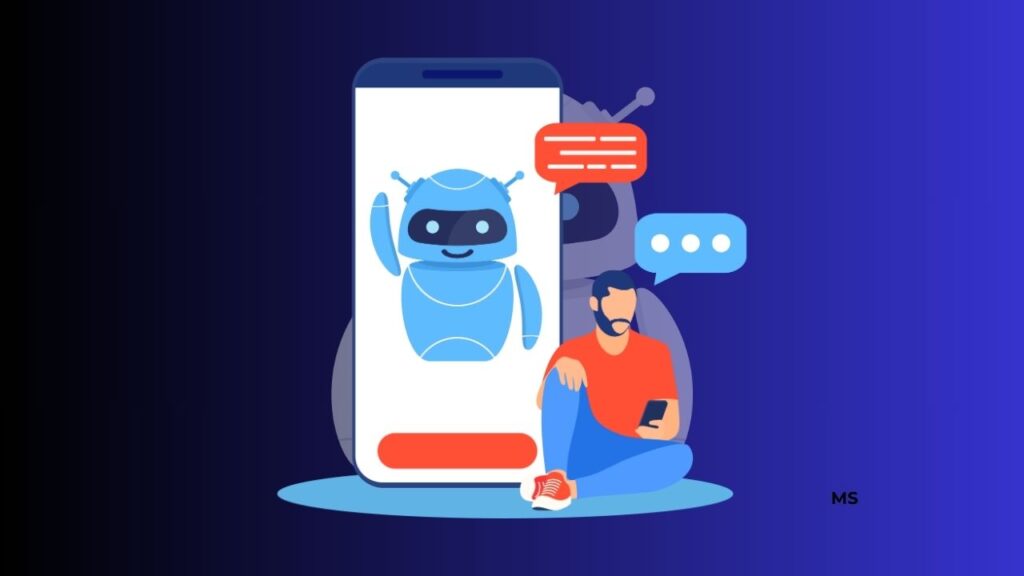
Powering Chatbots for Instant Responses
The integration of custom GPT-powered chatbots can transform customer service in construction. These AI-driven chatbots provide instant, 24/7 responses to client inquiries, maintaining constant communication about project progress and addressing concerns, thus improving efficiency.
Improving Customer Satisfaction
By offering timely updates and efficiently resolving issues, custom GPTs foster a higher level of customer satisfaction. This enhanced communication capability ensures clients feel valued and well-informed, strengthening their trust and loyalty towards the construction company.
Design and Planning Assistance
Assisting in Preliminary Design
Custom GPTs can serve as invaluable assistants in the planning stages of construction. They can generate preliminary design ideas based on specified criteria, aiding architects and designers in exploring a wider range of possibilities.
Researching Building Codes and Regulations
These AI models can also assist in researching relevant building codes and regulations, ensuring compliance and saving valuable time. Their ability to quickly sift through vast amounts of information makes them ideal for staying abreast of the latest industry standards and requirements.
Resource and Supply Chain Management
Optimizing Supply Chain Logistics
Custom GPT models can significantly enhance supply chain management in construction. By analyzing patterns and predicting material needs, these AI tools help optimize inventory and reduce wastage, ensuring that projects have the right materials at the right time.
Scenario Planning for Delays or Shortages
The construction industry often faces unforeseen delays and material shortages. Custom GPTs can assist in scenario planning, helping companies anticipate potential issues and develop strategies to mitigate them, thereby minimizing disruptions to project timelines.
Risk Management and Compliance
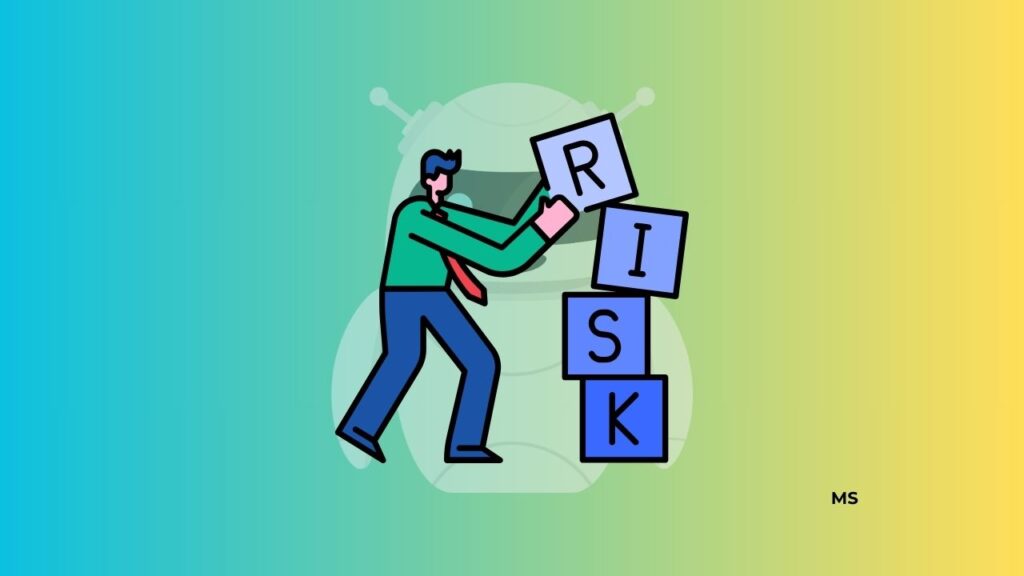
Identifying Risks and Mitigation Strategies
Risk management is a critical aspect of construction. Custom GPTs can be trained to identify potential risks in project plans and suggest effective mitigation strategies, thereby enhancing the overall safety and feasibility of projects.
Ensuring Compliance with Laws and Regulations
With constant changes in laws and regulations, staying compliant can be challenging. Custom GPT models can track these changes and alert relevant personnel, ensuring that projects adhere to the latest legal standards and industry practices.
Collaboration and Communication
Facilitating Team Communication
Machine learning and chatgpt are key to improving efficiency and ensuring successful communication in project management. Custom GPTs can help facilitate better communication and collaboration among team members, stakeholders, and clients by summarizing key meeting points and tracking action items.
Drafting Communication Materials
These AI models can also assist in drafting emails and communication materials, ensuring that messages are clear, professional, and tailored to their recipients. This helps in maintaining consistent and effective communication throughout the project lifecycle.
Innovation and Research
Researching New Technologies and Methods
To stay competitive, construction companies must continually innovate. Custom GPTs can assist in researching new technologies, materials, and methods, providing valuable insights that can keep companies at the forefront of the construction industry.
Sustainability and Environmental Impact
Reducing Environmental Impact
Custom GPTs can analyze project data and even propose ways to reduce the environmental impact, automating the recommendation of sustainable materials. This supports construction companies in achieving their sustainability goals and adhering to environmental regulations.
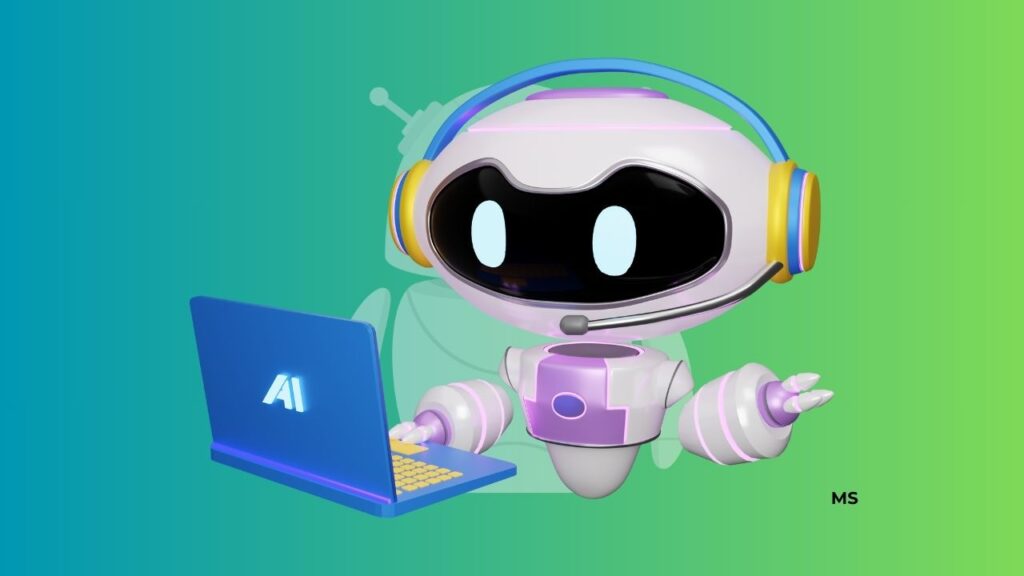
Conclusion
Custom GPTs offer a realm of possibilities for the construction industry, from enhancing efficiency and communication to fostering innovation and sustainability. As these technologies continue to evolve, their integration into construction management will undoubtedly lead to more streamlined, cost-effective, and forward-thinking project execution. Embracing these AI tools is not just about keeping pace with technological advancements; it’s about setting new standards of excellence in the ever-dynamic construction world.

